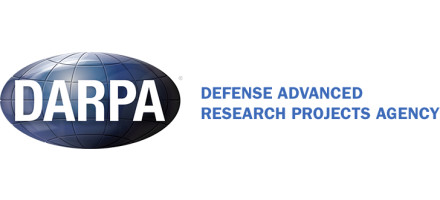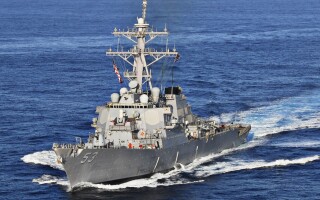DARPA program studies use of AI to generate more effective human-machine teaming
NewsMarch 25, 2019

ARLINGTON, Va. The Defense Advanced Research Projects Agency (DARPA) is studying the basic machine "social skills" that will be needed to generate effective human-machine collaboration.
DARPA’s Artificial Social Intelligence for Successful Teams (ASIST) program seeks to develop foundational artificial-intelligence (AI) theory and systems that demonstrate the basic machine social skills necessary to facilitate effective machine-human collaboration.
ASIST seeks to create AI agents that demonstrate the ability to participate effectively in a team by observing and understanding their environment and human partners, developing useful context-aware actions, and executing those actions at appropriate times. The program also examines how humans intuitively build mental models of the world around them that include approximations of the mental models of other humans -- a skill called Theory of Mind (ToM) -- and how the AI agents can replicate ToM in a machine.
According to DARPA documents, humans use their ToM skill to infer the mental states of their teammates from observed actions and context and are thus able to predict future actions based on those inferences. Working on a team, humans build shared mental models by aligning around key aspects of their environment, team, and strategies; shared mental models and ToM are key elements of human social intelligence that humans use to enable effective human collaboration.
DARPA will work under the ASIST project to develop machine agents that can operate in increasingly complex environments, adapt to sudden change, and use observations to develop complex inferences and predictions.
The initial phase of the program will see experiments with single human-machine interactions to see how well the AI agents can infer human goals and situational awareness, then using those insights to then predict their teammate’s actions and provide useful recommended actions; as the program continues, the complexity will increase with teams of up to 10 members interacting with the AI agents. During these experiments, ASIST will test the AI agents’ ability to understand the cognitive model of the team as a while -- not just that of a single human -- and go on to use that understanding to develop appropriate and situationally relevant actions.









